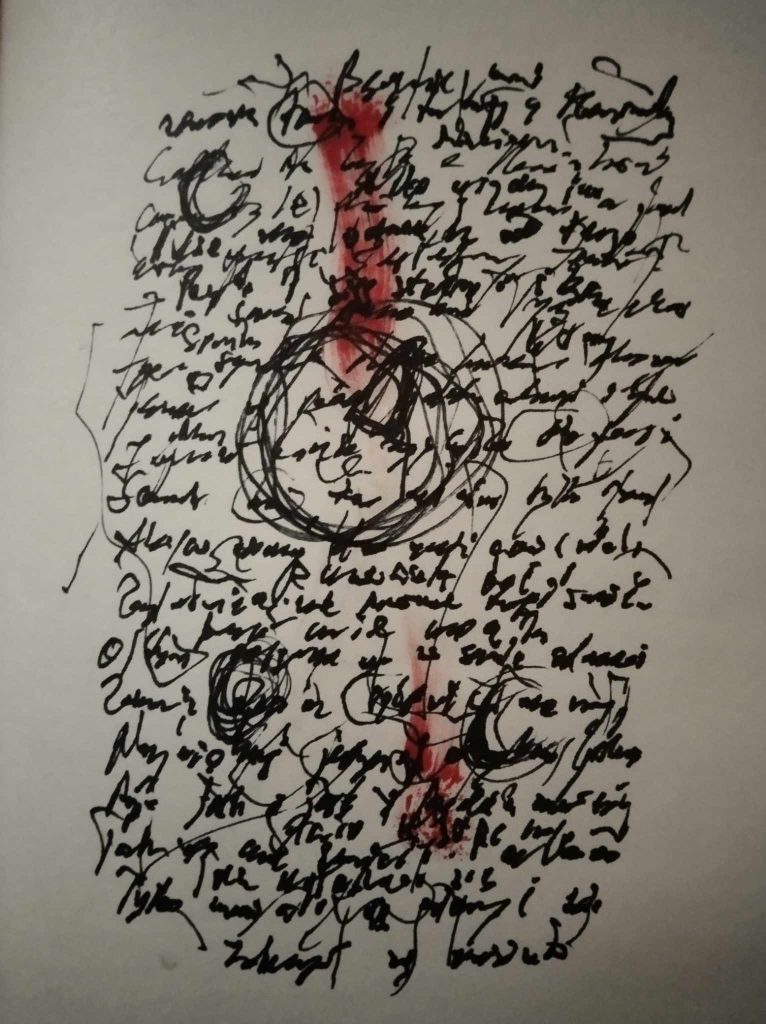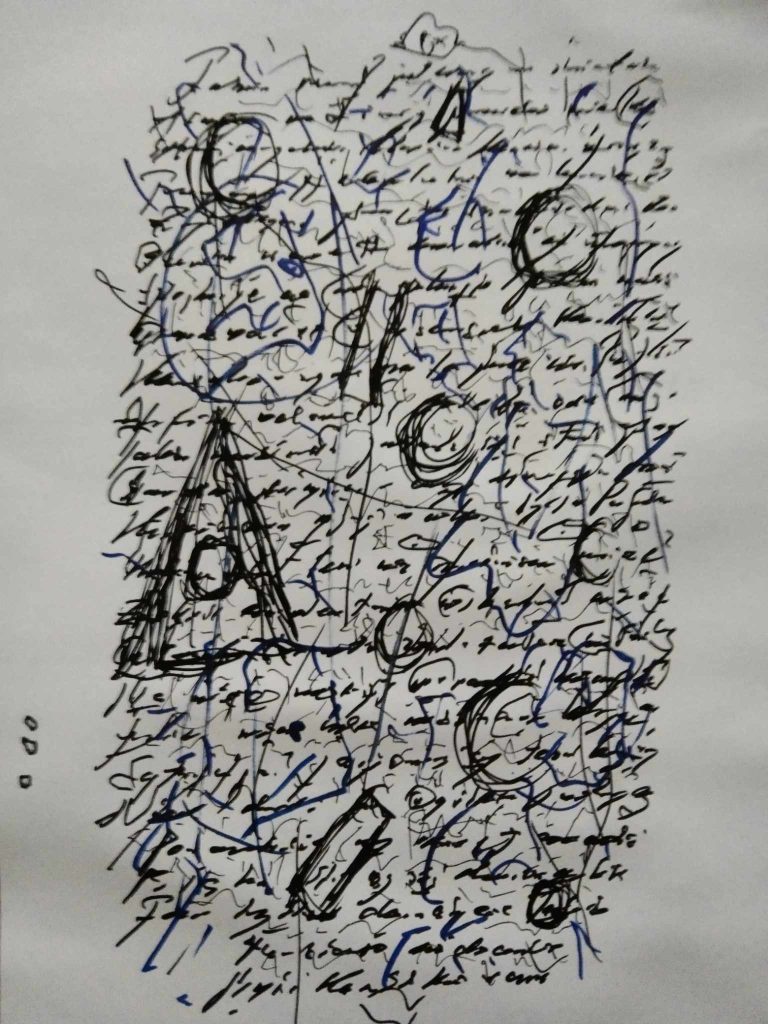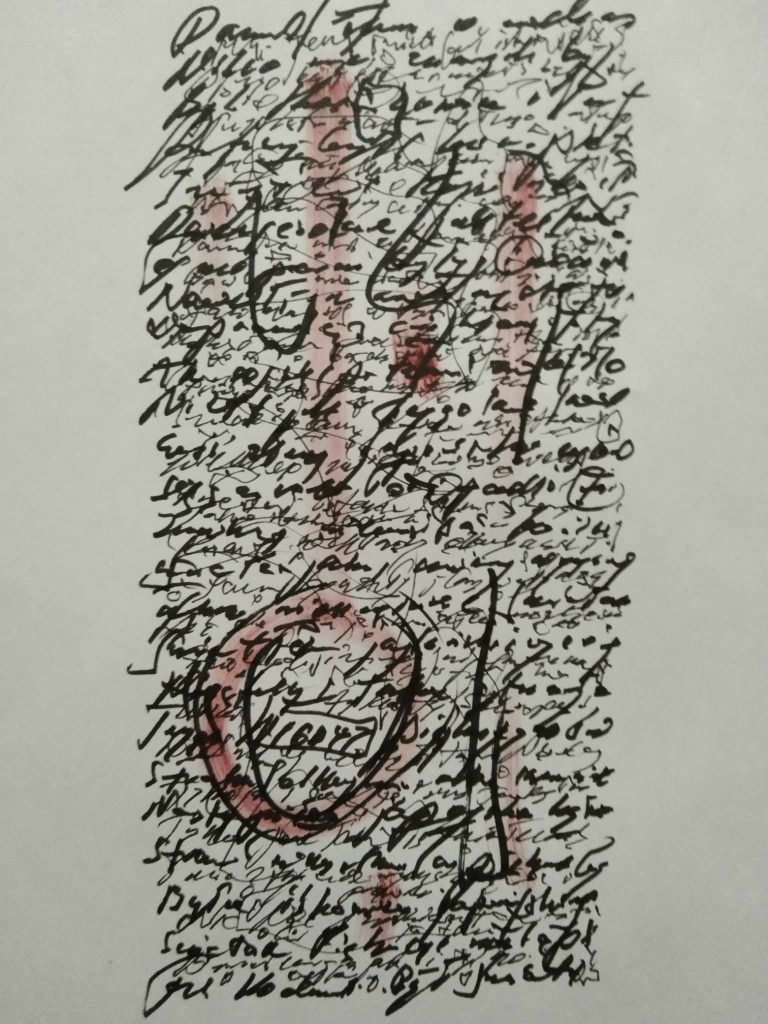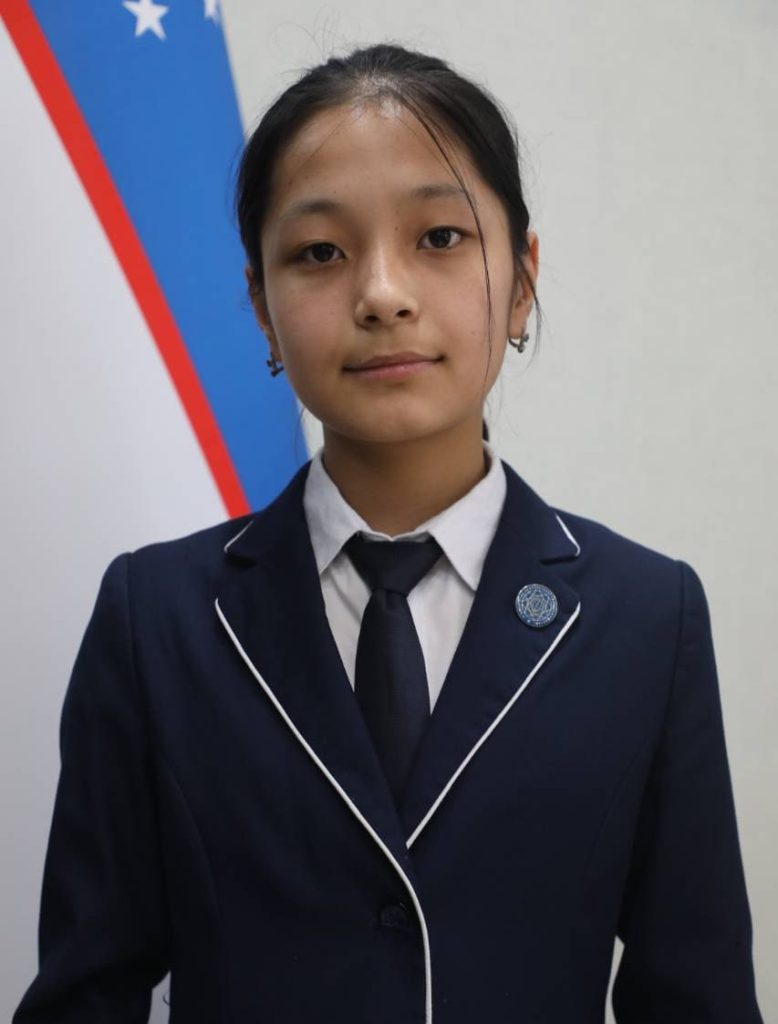Atlantis
Grant her the trident
with which to conjure up the sunken city,
the square and the compass
to calculate the diameters of the cerebral journey,
as her ark is bent on pursuing
the emerald of a charted symmetry.
Grant her the trident
with which to subdue the dragon
that had been long conceived
in the depth of her contaminated heritage,
as her crusade is bent on surmounting
the convolutions of a mental labyrinth.
Into the Abyss
It will take the seven oceans to cleanse the soiling of our souls,
to flush out the debris from our clogged pores,
to peel off the ugliness
that drapes our tarnished walls,
the soot, the mould.
There are no Charles Darneys in the real world,
a noble spirit that would sacrifice its life
to save a scapegoat’s,
that is plunging down into the abyss
once and for all.
A Visitation
In my world, there are no kings and queens,
hence the concept of monarchy is alien to me,
and this lack of interest
is not intended to manifest
any disrespect
for the royal sect.
In a dream, I descend a flight of ancient steps,
only to view a partly dilapidated wing
of a majestic building,
where I am told by a dark-skinned Usherer
I once had my own dwelling.
At the huge doorway, a young woman,
who wears a white, woolen hat
and a very beautiful shawl,
embraces me with tears of joy.
The blueness of her eyes vies
with the azure of the skies.
In the morning, I start to wonder at the capacity of our dreams
to evoke people who have no presence in our reality,
but a year later a picture of the woman in her youth
appears on my timeline on Facebook.
I still ponder over what makes a monarch bid me goodbye
three days before she dies?
An Encounter II
I carry my dog five flights of stairs
four times a day,
and as I breathlessly mount the arduous steps
I say to Lucia “the sniper has not caught up with us yet,”
then I plant three kisses on her tiny, velvety head.
But don’t snipers prefer to maintain some distance
between themselves and their intended victims?
I resolve to ascertain this fact on the net
since this topic is still alien to my literary mindset!
Fragrance
Let me remind you that it’s the head that teems with scents,
not thy nostrils!
They only titillate its mucous for fleeting seconds,
or some lingering minutes,
but have a lasting impact upon your cerebral cells
for as long as you live.
Each scent has its own personal context
an emotional aura,
conjuring up the past
and whatever pertains to thy daily presence,
a fragrant image
that brings to life all that is aesthetic
and hauntingly pleasant.








